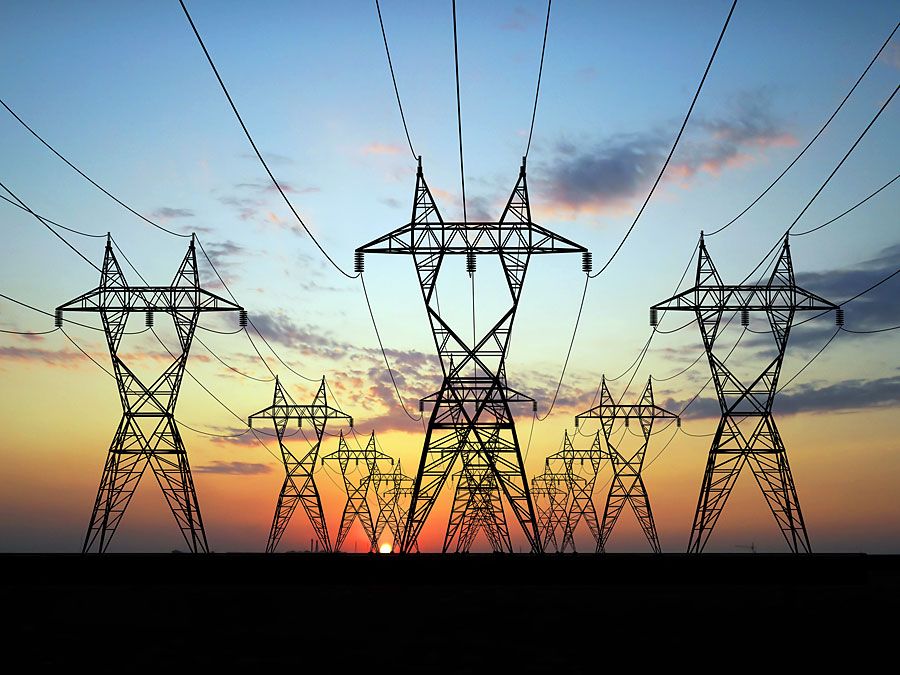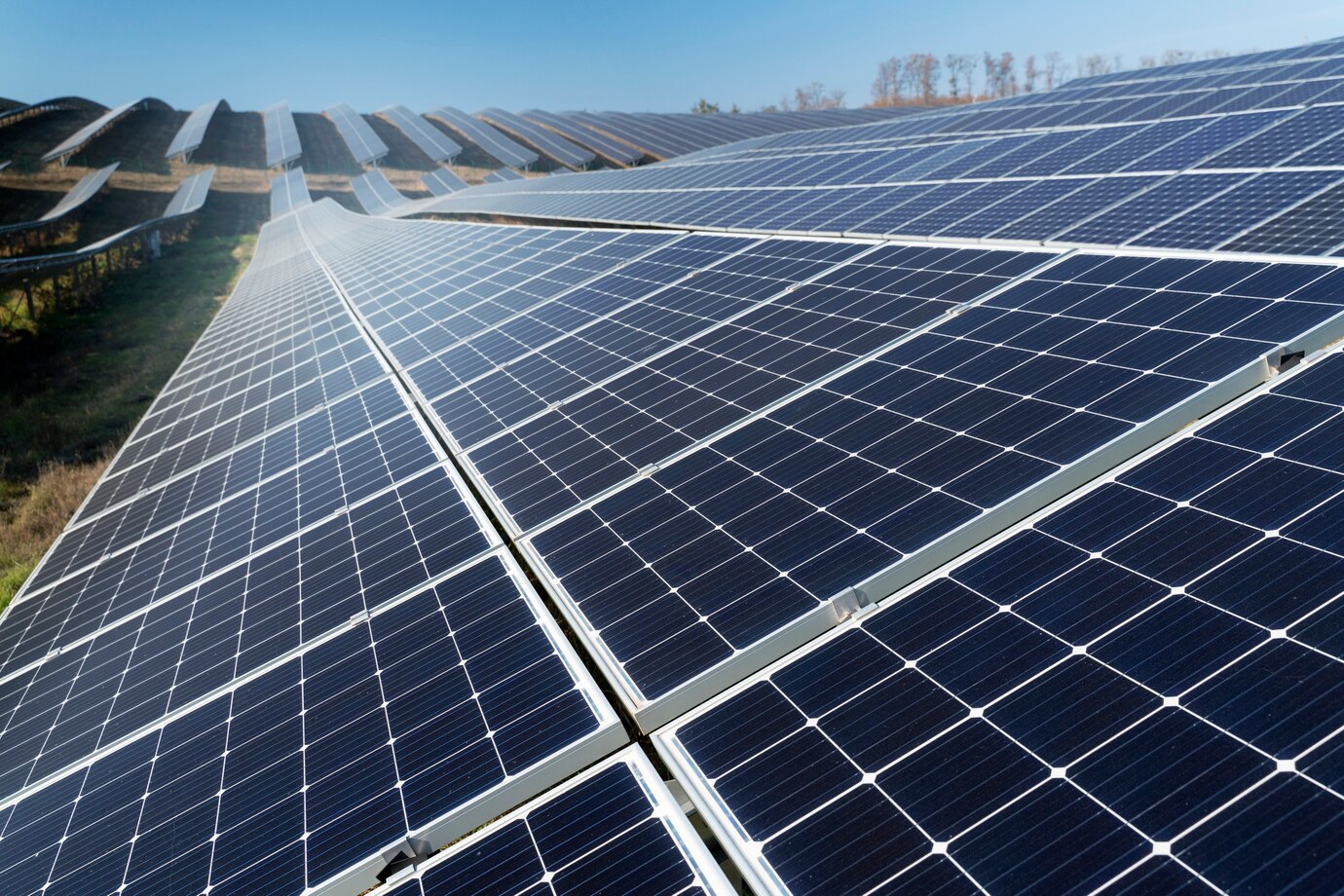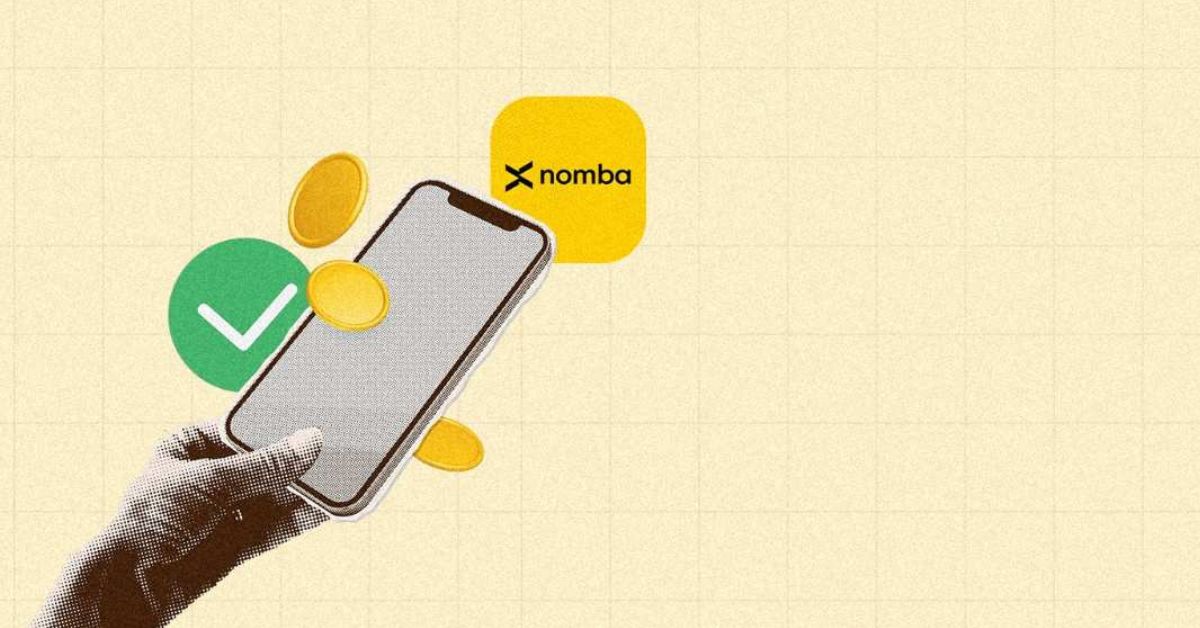The Nigerian Electricity Regulatory Commission (NERC) has increased electricity tariffs for urban customers by 240%, confirming earlier reports of a possible hike in energy prices amid the country’s rising inflation.
The new rate, effective immediately, will be ₦225 per kilowatt-hour (kWh), a significant jump from the previous ₦66 per kWh, NERC’s vice chairman, Musliu Oseni told journalists on Wednesday.
These customers—under the Band A classification—use 20 hours of power supply daily and represent 15% of the country’s 12 million electricity customers. The upward price review will not affect customers on the other bands, he said.
On Tuesday, Bloomberg reported that Nigerian authorities plan to hike electricity prices as President Bola Tinubu seeks to reduce government spending and subsidise tariffs for only Nigerians in rural areas. The move follows pressure from the country’s electricity distribution companies, the report said.
The electricity tariff hike comes amid Nigeria’s worsening power supply which has been blamed on its low level of power generation and distribution. The West African nation has an installed capacity of 13,000 megawatts for its 200 million population.
In March, Nigeria’s power minister Bayo Adelabu said plans were underway to “settle outstanding debts owed to power generation and gas supply companies, which will alleviate the financial strain and contribute to improved generation levels nationwide.”




















